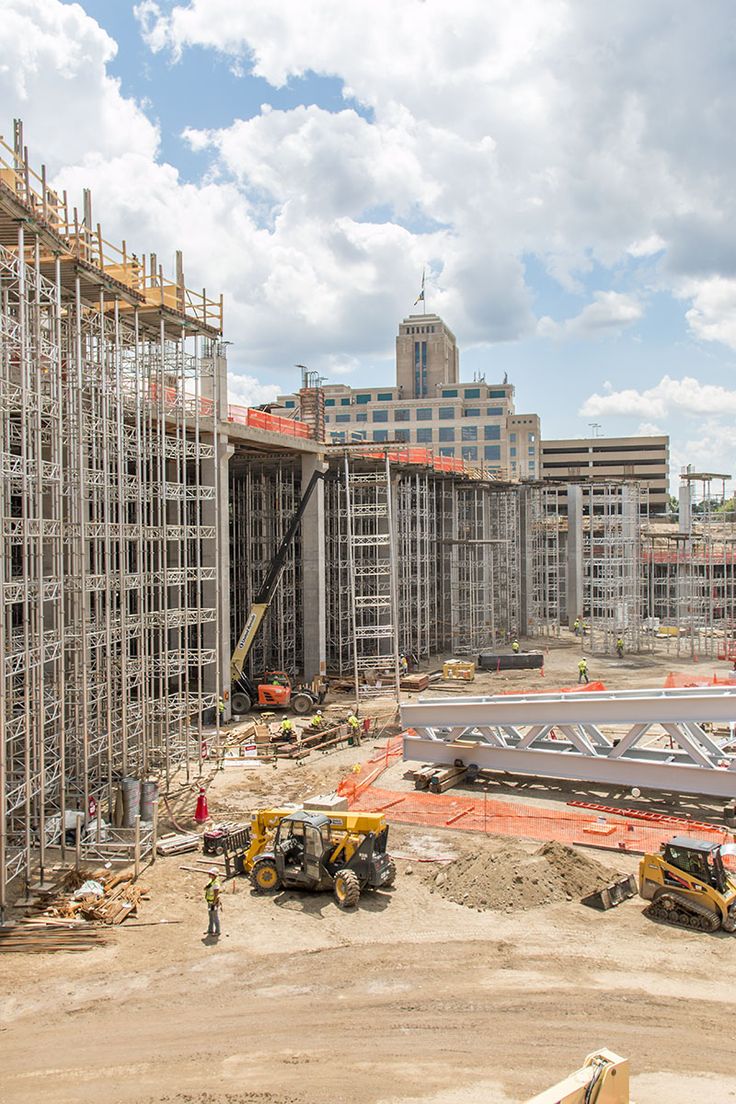Technology has revolutionized property management, transforming traditional practices into streamlined, efficient processes. From enhancing tenant interactions to optimizing maintenance tasks, the integration of technology in property management has brought about significant improvements in various aspects of the industry.
Enhanced Tenant Experience
One of the most noticeable impacts of technology is the enhancement of the tenant experience. Property management software allows tenants to pay rent online, submit maintenance requests, and communicate with property managers seamlessly. These platforms provide tenants with convenience and transparency, leading to higher satisfaction and retention rates. Mobile apps enable tenants to access these services on the go, further improving their overall experience.
Efficient Maintenance Management
Technology has greatly improved maintenance management in properties. Property managers can now use digital platforms to track and prioritize maintenance requests, ensuring timely resolutions. Internet of Things (IoT) devices, such as smart thermostats and sensors, can monitor building conditions and alert managers to potential issues before they escalate. This proactive approach reduces downtime and repair costs, enhancing the property’s overall condition and value.
Data-Driven Decision Making
The integration of technology in property management has enabled data-driven decision-making. Advanced analytics and reporting tools allow property managers to track key performance indicators (KPIs) such as occupancy rates, rental income, and maintenance expenses. This data provides valuable insights into the property’s performance, helping managers make informed decisions to improve operations and profitability. Predictive analytics can also forecast market trends, assisting in strategic planning and investment decisions.
Improved Marketing and Leasing
Technology has transformed the marketing and leasing process in property management. Digital marketing tools, such as social media advertising and search engine optimization (SEO), enable property managers to reach a wider audience and attract potential tenants. Virtual tours and 3D imaging provide prospective tenants with immersive property experiences, allowing them to explore properties remotely. Online leasing platforms streamline the application process, reducing paperwork and speeding up the leasing cycle.
Enhanced Security and Access Control
Advancements in technology have also improved security and access control in properties. Smart locks and security cameras provide enhanced security measures, allowing property managers to monitor and control access to the property remotely. These systems can also provide detailed access logs, improving accountability and safety for tenants.
In conclusion, the impact of technology on property management is profound and far-reaching. By enhancing tenant experiences, streamlining maintenance, enabling data-driven decisions, improving marketing efforts, and bolstering security, technology has transformed property management into a more efficient and effective industry. Property managers who embrace these technological advancements are better positioned to meet the evolving needs of tenants and maximize property value.



